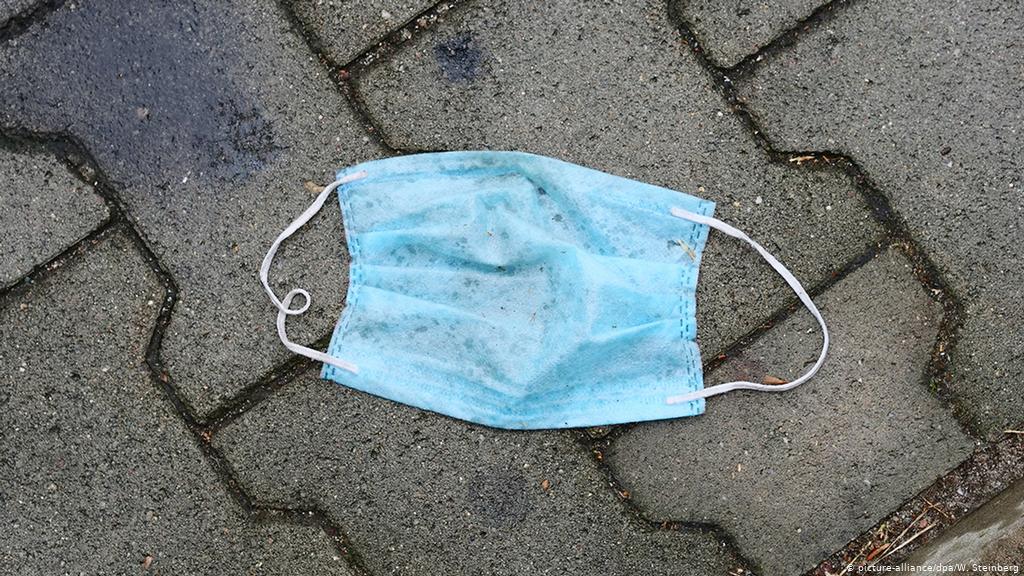A team of researchers in Melbourne, Australia, found that adding millions of discarded ffp2 masks to road paving mixes reduces both the masks' environmental impact and road construction costs.
A single kilometer of roads would need three million ffp2 masks. And they would benefit: The polypropylene plastic used to make disposable surgical masks can also increase the flexibility and durability of the road.
Roadside ffp2 goggles
Almost immediately, the idea of 7 billion people using many ffp2 masks per week set off alarm bells.
If historical data is a reliable indicator, around 75% of used ffp2 masks, as well as other pandemic-related waste, can be expected to end up in landfills or float in the seas.
UN report, July 2020
An easy prophecy: the scraps of these protective devices are found everywhere, by the roadsides at the sea.

RMIT University scientists have published an article in the journal Science of the Total Environment proposing a quite brilliant solution to the problem of discarded masks.
Jie Li and his team have developed a new composite material for road construction that is a mixture of approximately 2% shredded ffp2 masks with the addition of recycled cement aggregate (RCA).
It is a material derived from waste concrete and other minerals from demolished buildings, considered ideal for two of the four layers generally used to create roads.
As mentioned, paving a single kilometer of two-way road with the RCA would require three million ffp2 masks: 93 tons less waste.
Streets of plastic bags
Roads built (also) with ffp2 mask waste gain greater flexibility as the polypropylene helps strengthen the bonds and give the particle aggregates some elasticity.
The final product is also more resistant to wear than normal asphalt, as well as being cheaper.
Now we need a global standard method to collect the used ffp2 masks.
Li and his team did a cost analysis and found that, at around €22 per tonne, RCA costs up to a third of what it costs to send used ffp2 masks to landfill.


